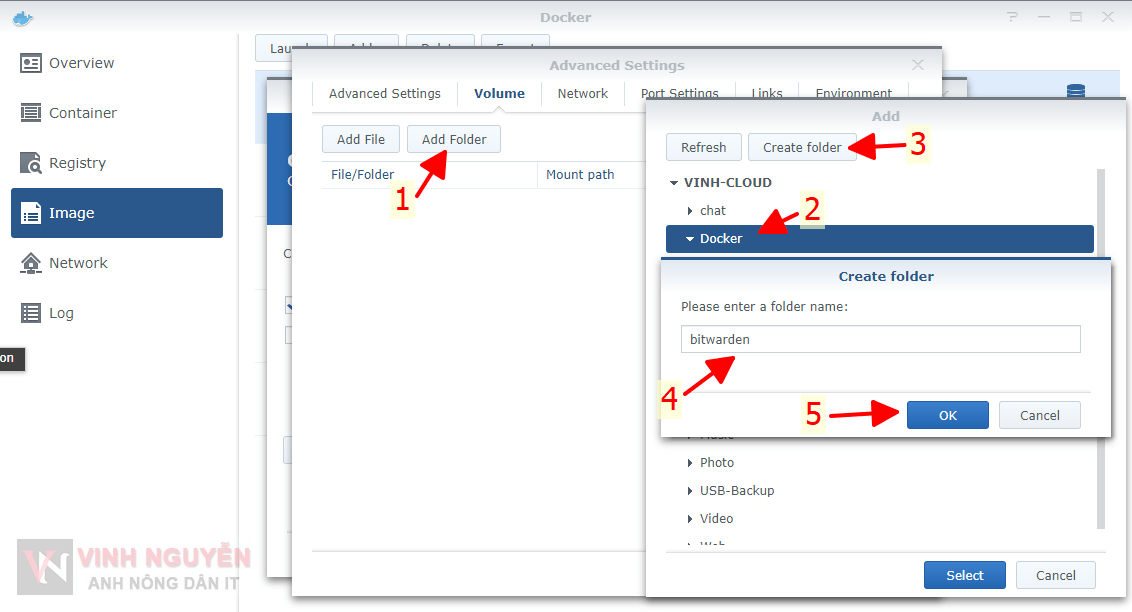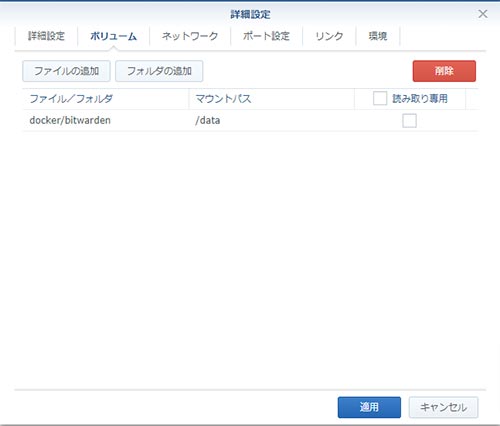

Go to " Control Panel" -> "Application Portal" -> "Reverse Proxy" -> "Create"ĭescription: "Bitwarden https reverse proxy" Go to "Control Panel" -> "Security" -> "Certificate" -> "Add"ĭescription "Bitwarden Certificate", "Get a certificate by Lets Encrypt" -> "Next"ĭomain name: "", Email: "" -> "Apply"Ĭreate a Reverse Proxy in DSM to the docker port used by bitwarden "CNAME record" which is a record to the existing DNS Record of your synology/xpenology device (eg: CNAME record to )Ĭreate an SSL Certificate using Lets Encrypt within DSM Certificate Manager."A record" which is a record to the External IP address you use to reach your synology/xpenology device (eg: A record to Your public IP).You have two options for your dns record: Please fully read the bitwarden self hosting documentation ( ) before attempting any of these stepsĬreate your bitwarden external DNS record (I used bw. this guides example will be ) Your own public domain (in this use case I use a personal public facing domain with public DNS)Īn understanding of Domains, Extenal DNS, SSL Certificates (Lets Encrypt), Reverse Proxies, Linux/Synology cli, Docker Latest Synology Docker Package: Currently on 17.05.0-0370 ( ) Latest XPenology/Synology: Currently on DSM 6.1.6-15266 with JUN'S LOADER v1.02b - DS3617xs You will need to have the following requirements met to follow this guide: Secure software with good development (bitwarden has a cloud hosted solution as well as self hosted, so they are diligent in ensuring updates are made regularly and community involvement is very good) Push syncing of changes so conflicts in password safe are avoided or less likely Robust device and application support (Linux, Windows, OSX, IOS App, Android App, Browser integrations etc) Self hosted password manager with central database stored on my synology TOTP (Time Based One Time Passcode) Two factor authentication with Authy or Google Authenticator There is a number of things I wanted in my personal password management that Bitwarden offered over the others I wanted a more robust self hosted password manager that I could host on my synology.

I also am a strong proponent of two factor authentication, keepass offers it but is a lackluster implementation. I need it to run on linux, windows, osx as well as mobile (android) support. I've used a number of password managers (lastpass, keeper, keepass, etc) and still use some for professional reasons.įor personal use I was using KeepassX so I could control the safe (in Dropbox) and did not want my personal data cloud hosted. ***For experienced individuals comfortable with synology command line and linux environments with docker, I take no responsibility for any issues encountered*** Recently I deployed Bitwarden ( ) in Synology Docker and thought I would share my experience for others looking to do so.


 0 kommentar(er)
0 kommentar(er)
